Better Place has filed for liquidation, citing the lack of commercial success of a novel battery-switching system for electric cars that the Israeli company had developed in a partnership with French automotive group Renault.
The financial collapse of Better Place, 28 per cent-held by shipping-to-fertiliser conglomerate Israel Corp, is a blow for Renault and its chief executive Carlos Ghosn, who had championed the technology as one of the pillars of the French auto maker's ambitious €4 billion ($5.36AUD billion) electric-vehicle strategy.
Founded by Israeli entrepreneur Shai Agassi in 2007, Better Place developed a system where electric-car owners could drive their vehicles into a network of stations around Israel and replace the car's battery with a new one in about the same amount of time it takes to fill a gasoline tank on a regular car.
The "quick drop" system was supposed to remove one of the main obstacles to the adoption of electric vehicles, namely the several hours it takes to recharge a flat battery.
Better Place raised around $US850 million ($883AUD million) from investors that included HSBC, General Electric, Lazard Asset Management, Morgan Stanley and VantagePoint Capital Partners as well as Israel Corp. The first cars equipped with Better Place technology were Renault Fluence Z.E. sedans.
The project drew global attention, with Mr Agassi named one of the top people of the year by Time magazine in 2009 while Israeli President Shimon Peres often spoke publicly of the project, touting it as a step toward national energy independence.
In late 2012, Better Place said it hadn't sold as many cars as expected and said it would seek an additional investor. Around the same time, Mr Agassi left the company. His successor, Evan Thornley, quit after two months. Mr Ghosn recently said Renault wouldn't equip models other than the Fluence with the battery-swapping technology.
Better Place struggled partly because it only had a few dozen battery-switching stations in Israel and Denmark - the company abandoned projects in the US and Australia - while the specially adapted Fluence sedans were too large given the small-car preference of local consumers. The battery-switching system also couldn't be transposed to other vehicles.
Better Place's business model was based on car owners paying a fee according to the number of miles they drive, which Mr Agassi likened to a mobile-phone subscription. Better Place initially ordered 100,000 cars from Renault but the auto maker has so far sold only about 2500.
"Unfortunately, after a year's commercial operation, it was clear to us that despite many satisfied customers, the wider public take up would not be sufficient and that the support from the car producers was not forthcoming," said Better Place chief executive Dan Cohen in a statement.
Renault said it would continue to explore all charging technologies, including quick drop. "This decision does not at all call into question the electric vehicle strategy of the Renault-Nissan Alliance," the company said in a statement.
Renault's first compact rechargeable electric car, the ZOE - whose battery isn't replaceable - has just gone on sale in France. Current and former Better Place officials said that poor execution of the company's strategy rather than the technology itself was the root cause of the company's collapse.
"There is definitely interest in the technology from China and India," one former executive said Sunday, speaking on condition of anonymity. "They understand the potential for extending range and lowering cost."







.jpg)


.jpg)
.jpg)
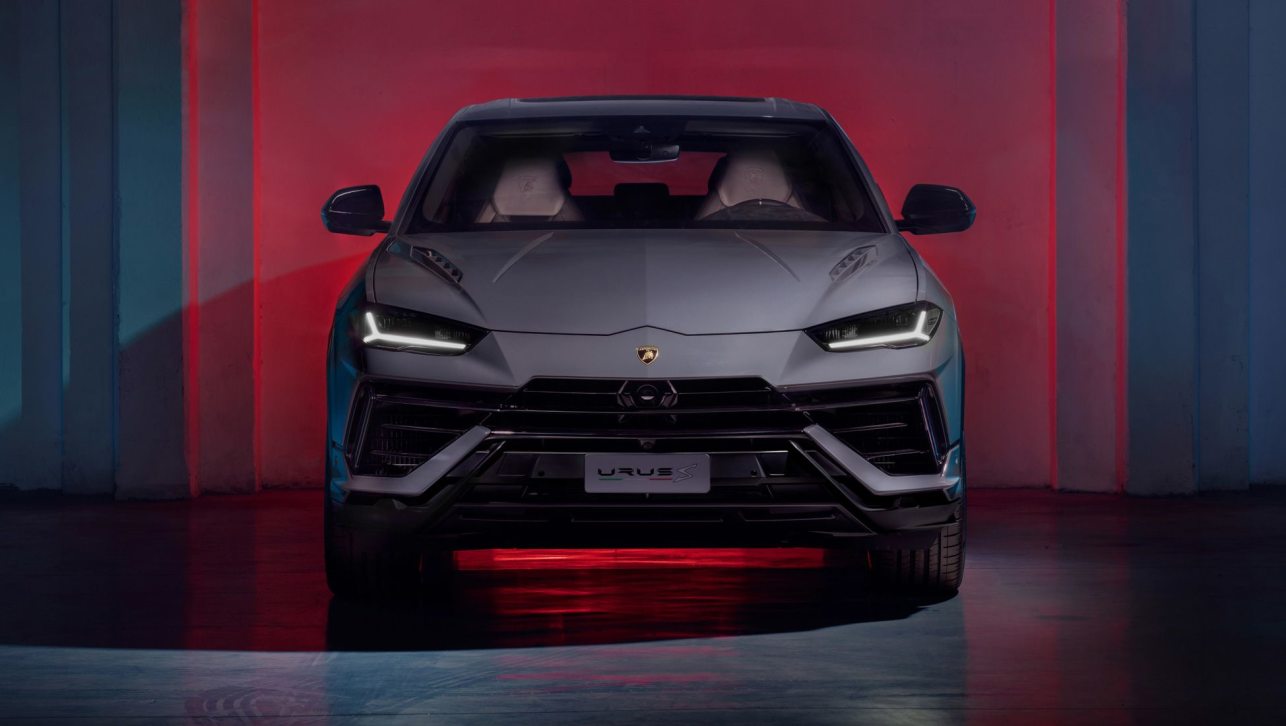
.jpg)
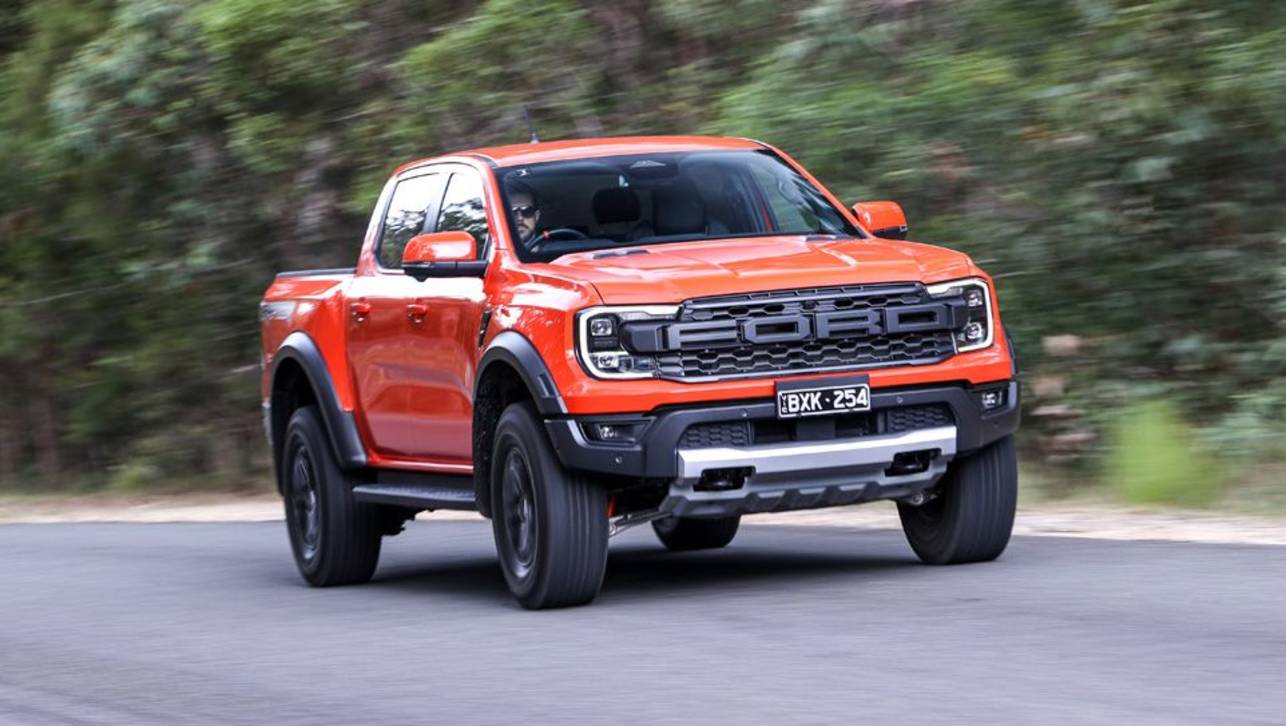
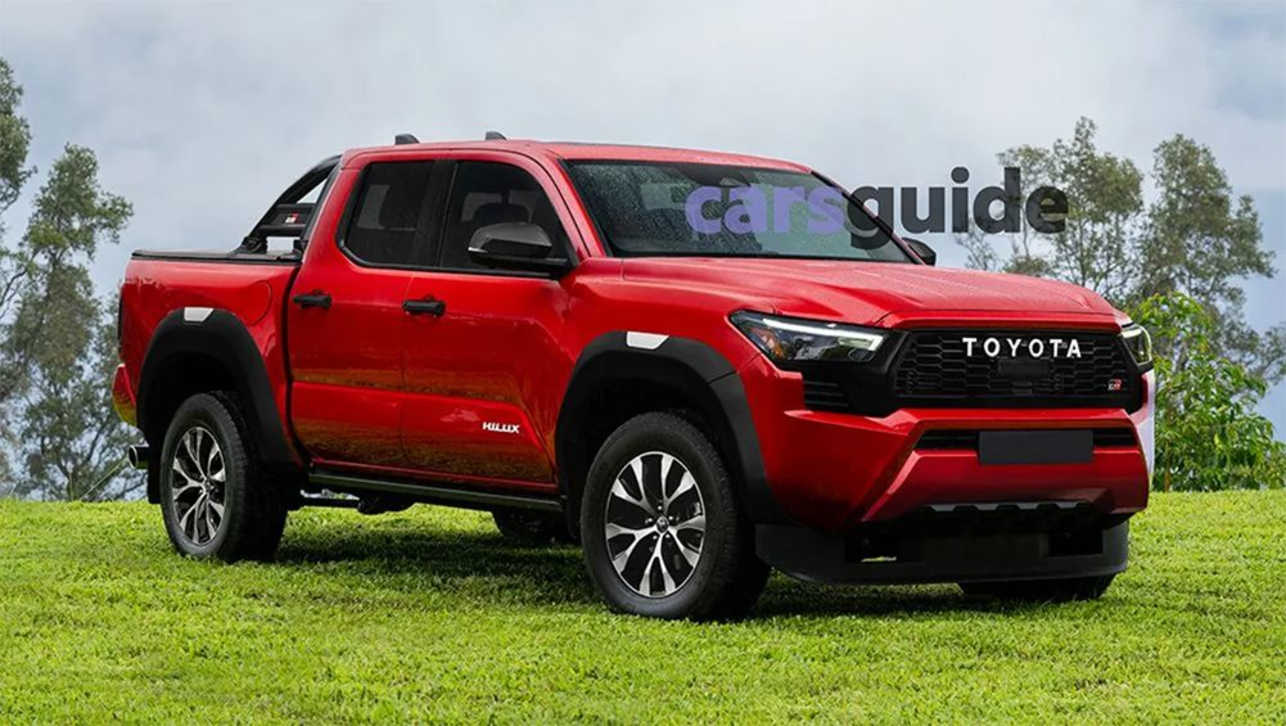
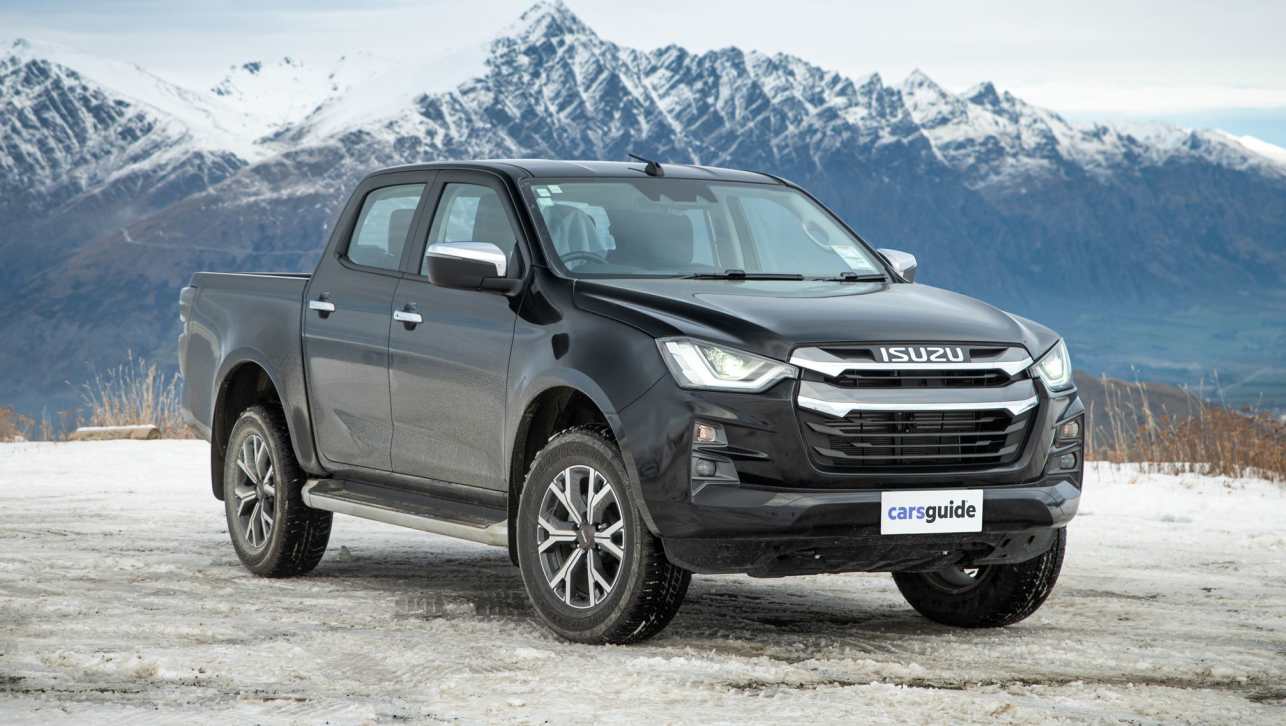
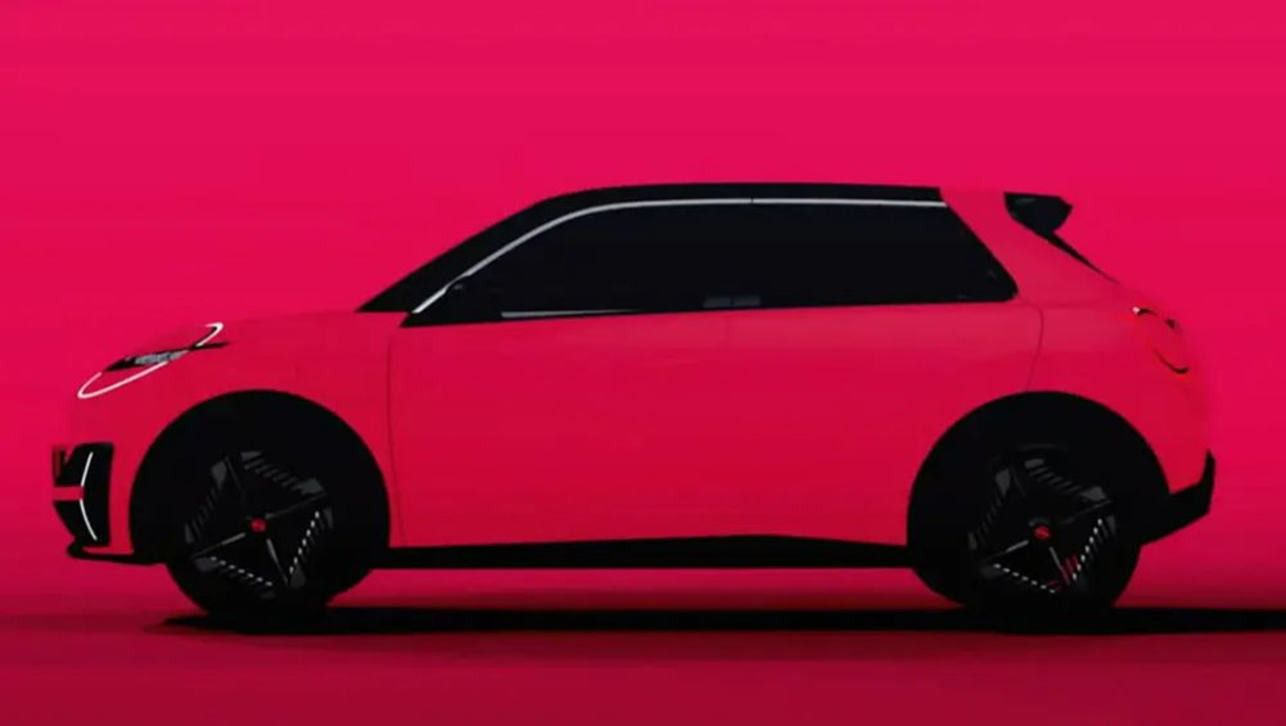
.jpg)
.jpg)
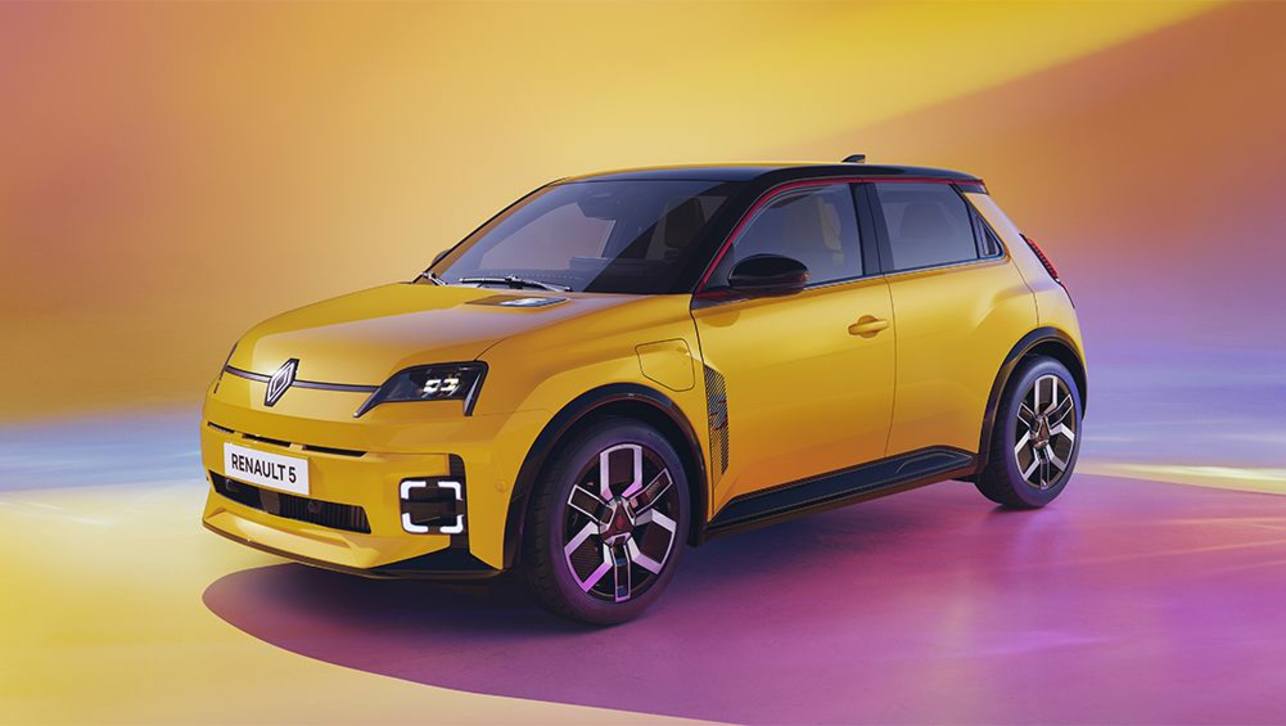
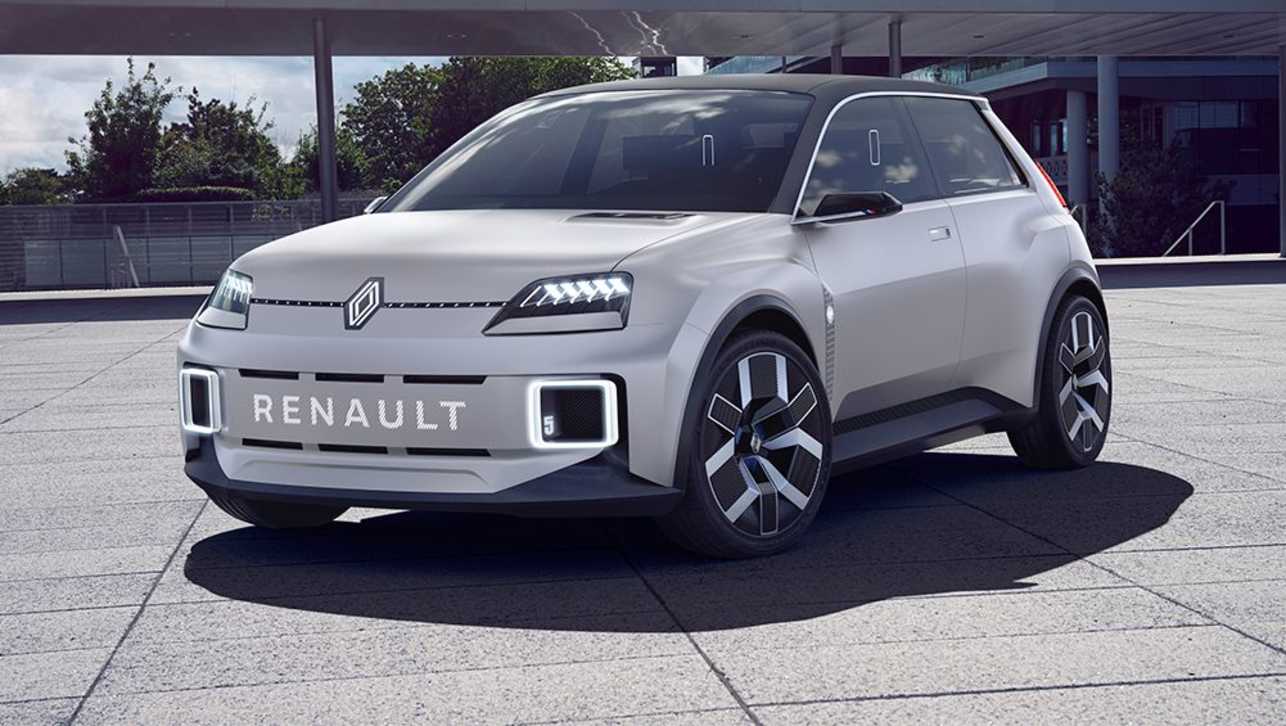




Comments